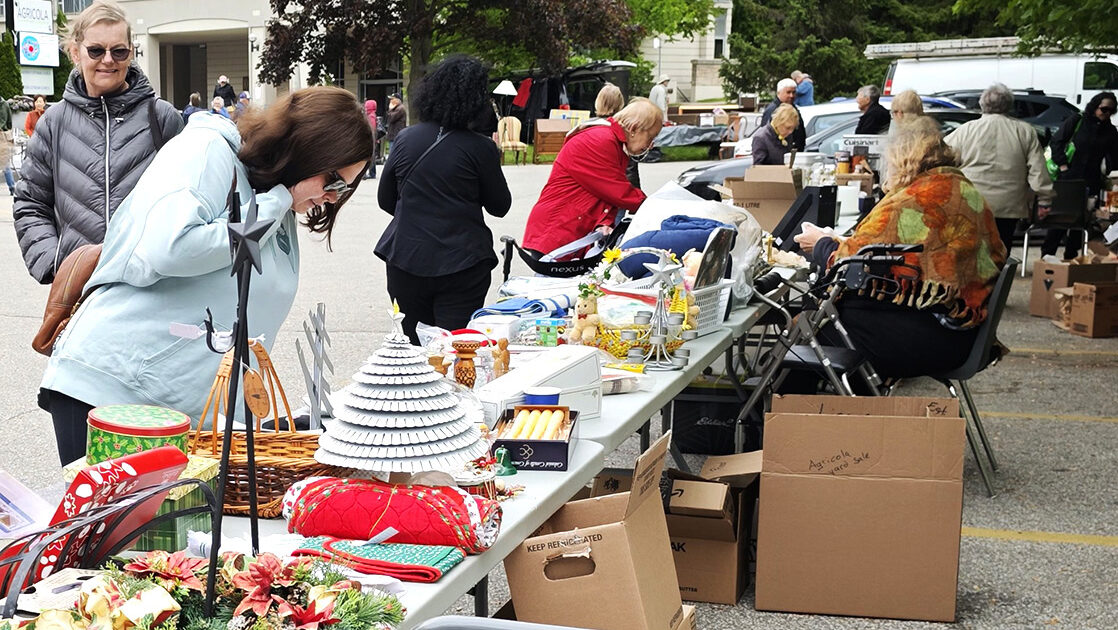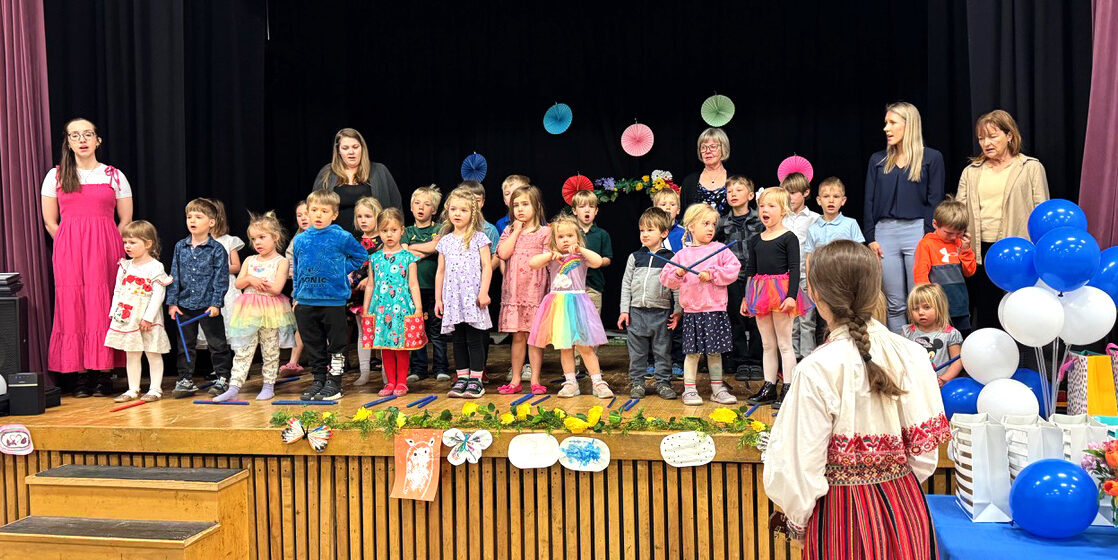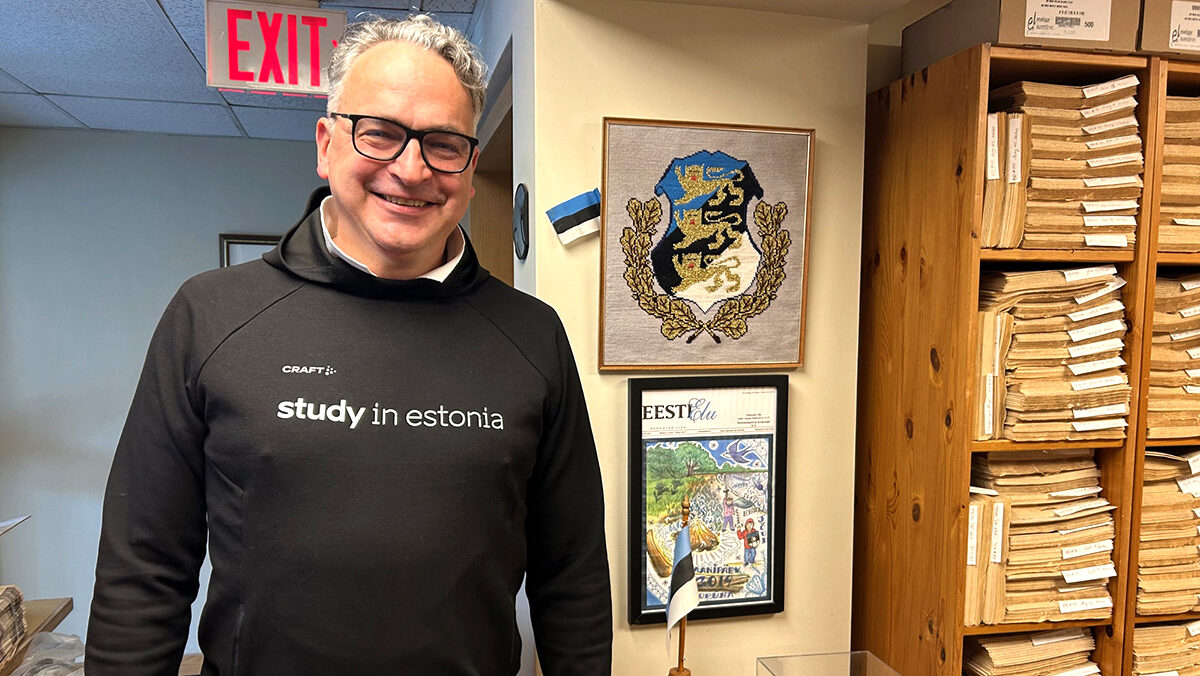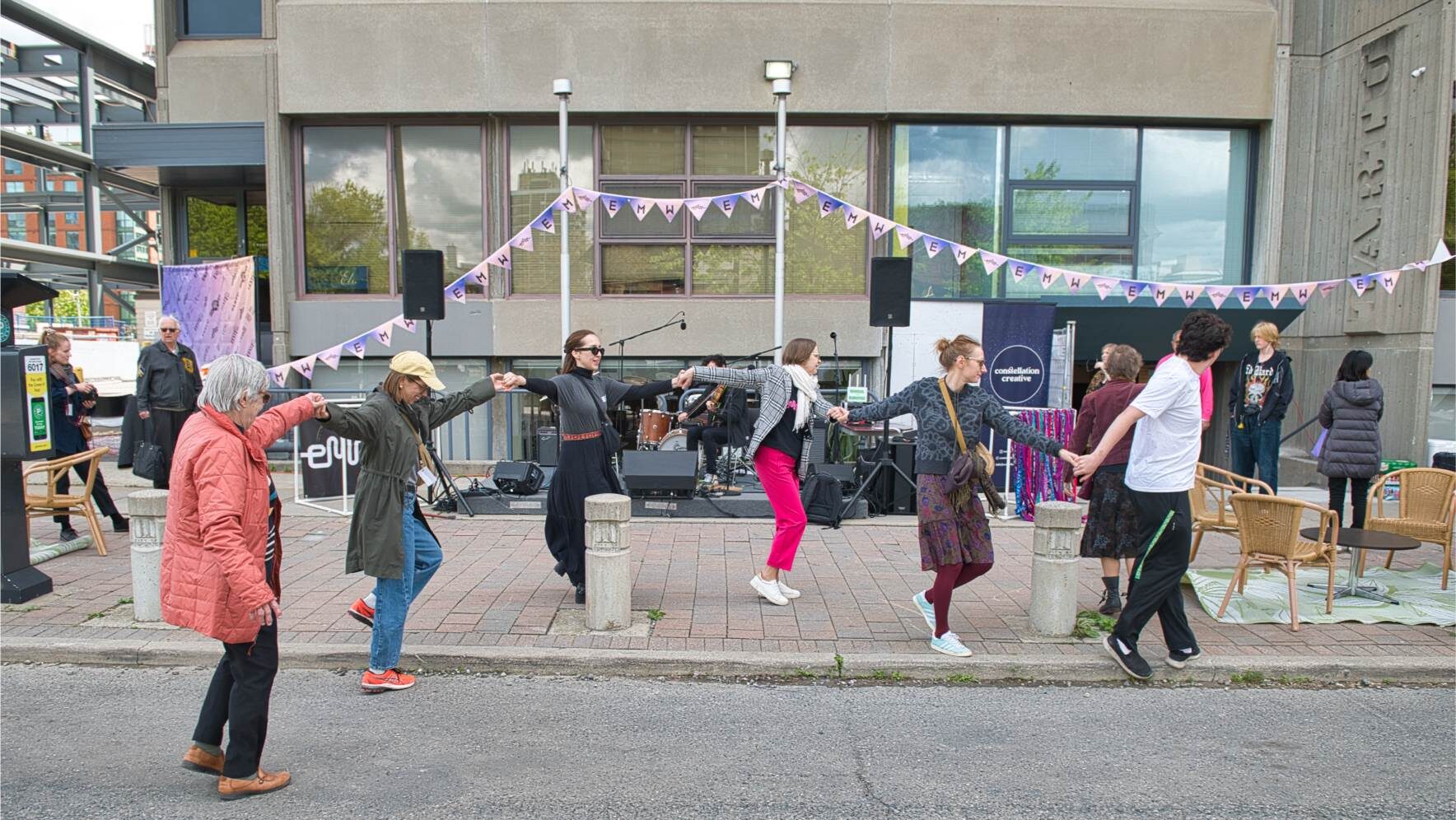Can you talk about the Estonian population in Ireland?
It is young, and not as established as in Canada or the US, where people came after the Second World War. Estonians mostly moved to Ireland around twenty years ago when Estonia became members of the European Union in 2004. At that time, there were about 4,000, but since then, many of them have moved back to Estonia or elsewhere in the world. We don’t know exactly how many Estonian citizens we have here, but from election statistics, there are about 2,000 Estonian citizens with permanent addresses in Ireland. When you add Estonian citizens here with addresses in Estonia, that number goes up probably to around 2,500. About 60-70% of this population is not necessarily natively Estonian—many of them have Russian origins but have Estonian citizenship.
How do the Estonians in Ireland organize their community?
The embassy organizes the hiking club, where we go four or five times a year with the local community. We found one lady to help organize that, Tiina Muru. She’s a professional guide and has been here for twenty years, so she knows her way all around the hills. Usually we have between twenty and thirty people who are hiking with us. Once a year the Embassy organizes the Independence Day reception.
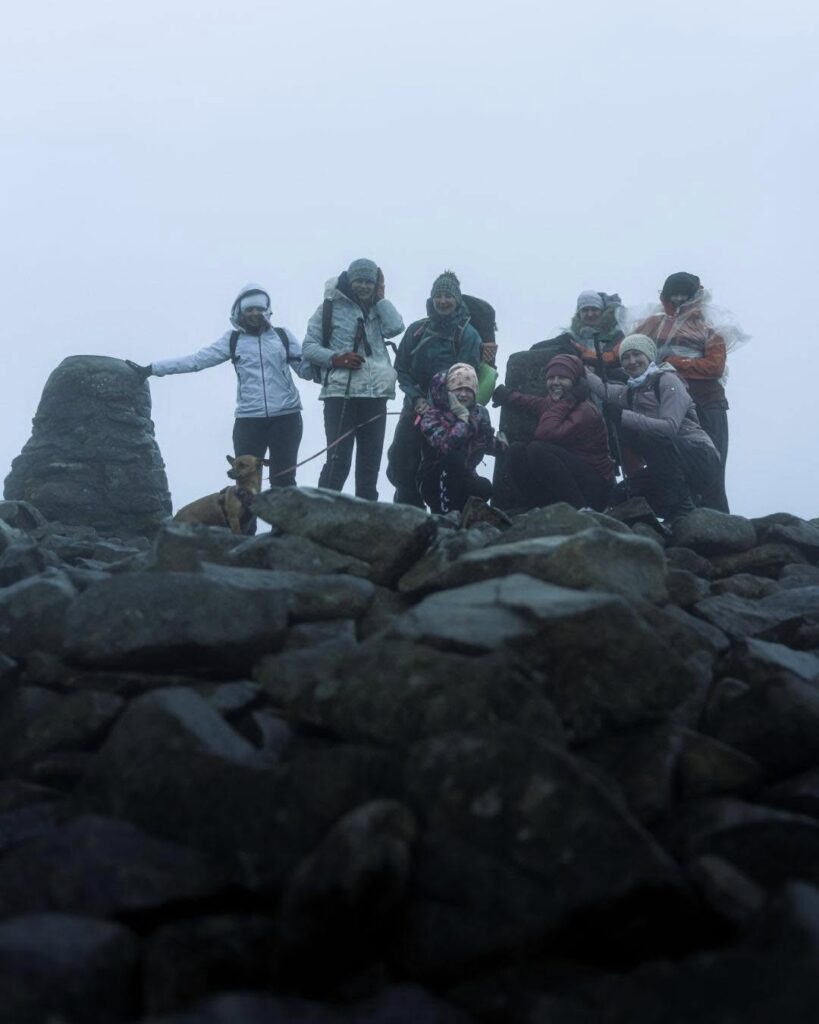
I think most Estonians are based in Dublin and Cork. For example, in Dublin there is the “Iiris” rahvatants (folk dancing) group, which is going to Tantsupidu (the Estonian Dance Festival) this year! In Cork, there is a choir, Corki Eesti Koor (Cork Estonian Choir).
We are more active when we have more Estonians. Ten or fifteen years ago, Dublin had an Estonian school, but not anymore. In Ireland there is no official Estonian association. There are active people who organize things informally now—but there is no official Estonian house or selts (community).
To have something like an Estonian school, you need to have at least one person that’s actively involved in the community… Also, there aren’t enough young children today for whom to organize a school.
(Kairi Künka)
Can you talk a bit more about the old Estonian school? Why isn’t there one anymore?
People came twenty years ago for many different reasons, for work or school, for example. The people who stayed and got married mainly married Irish people, and their children are mostly English speaking. To have something like an Estonian school, you need to have at least one person that’s actively involved in the community. The lady who was organizing the previous school had children who went, but they grew up, so she left. Also, there aren’t enough young children today for whom to organize a school. But there are still informal language learning activities going on. In Cork, there are young mothers who gather once a month at libraries to introduce the Estonian language to children.
Do you think the community will evolve into something more formal in the future?
It’s hard to say. What I feel from talking to people is that the Estonians here don’t feel like they need to gather in those formalized organizations. It's quite costly and the paperwork in Ireland is not easy. Those who like to participate in local organizations are doing great things, and maybe that’s enough for them. Of course, I can’t speak for them. It feels like they are happy with what they’ve made for themselves here. The people who have stayed in Ireland are very proud to be Estonians.
Catch up with Estonians all around the world by reading more stories on eestielu.ca.
Responses have been edited for clarity and length.
This article was written by Natalie Jenkins as part of the Local Journalism Initiative.
